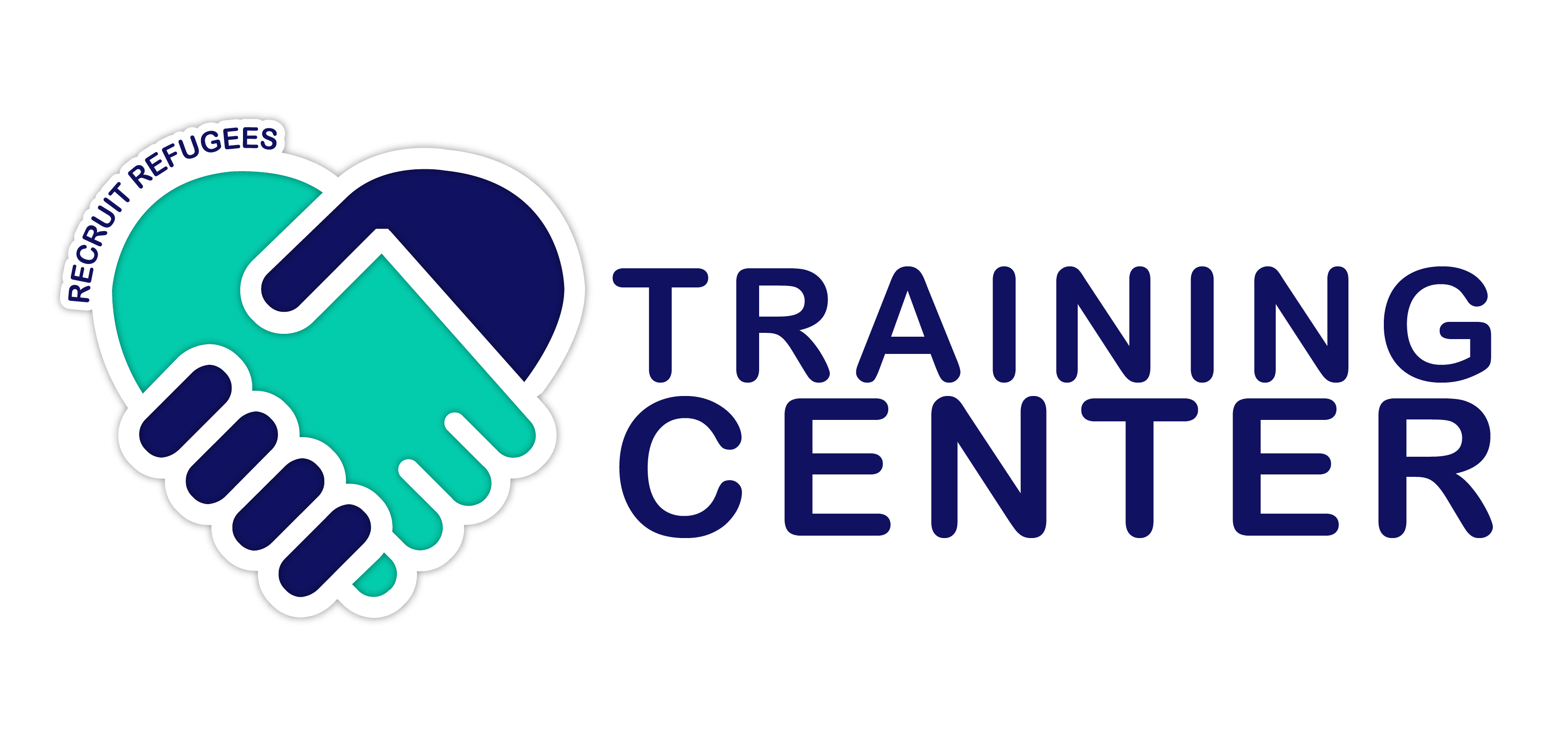Why the hiring process needs a human touch
When I went to a group interview, I was nervous but optimistic. I had prepared myself to talk about my skills, present my experience, and make a good impression. However, I never got that opportunity, and the experience turned out to be nothing like I had imagined.
When I arrived at the location, we were greeted by two friendly women. I say “we” because it was a group interview – five candidates were gathered, each waiting for their turn.
Typically, a group interview involves a short self-presentation in front of others, followed by individual conversations with a recruiter or manager. It’s an opportunity for candidates to showcase their abilities and learn more about the role, while the company assesses who might be the best fit for the team.
But our experience was anything but typical.
The two women greeted us, asked for our names, but didn’t even request our resumes – even though we all nervously held them in our hands. We were then guided to a quieter room, and I started preparing myself mentally. My plan was to introduce myself in Norwegian to demonstrate my efforts in integration and language learning, then switch to English to better describe my experience. However, the chance to introduce myself never came.
One of the women spent the next hour talking about the company: how much lunch costs in their cafeteria and how she had left and returned to the job three times.
At one point, we were handed forms asking for our names, contact details, D-number, and bank account information. This request immediately raised concerns for me: why would they need such personal data at this stage? Still, I decided not to question it and filled out the form. Later, they gave us a tour of the working and other facilities, quickly said goodbye, and sent us off – without asking a single question about our skills, experience, or suitability for the position.
Sitting in my car afterward, I couldn’t stop wondering: “What was that? Was that really an interview? How can a company be so indifferent about who they hire?” I thought, what if I were toxic or unreliable? Or worse, what if someone else in the group was, and I’d have to work alongside them?
I left the interview not only confused but also disappointed. It felt as though my individuality, skills, and all the effort I had put into preparing didn’t matter at all. The lack of questions or personal engagement made me feel inadequate and unimportant in this society.
Later that day, I received an email asking me to install an app to manage work schedules. “So this is onboarding,” I thought. There was no welcome letter, no formal job offer – just instructions to register in the system.
A few days have passed, and I still haven’t heard anything from the company. No documents, no explanations, no contract. And now I’m left wondering: why did they need my personal information in the first place?
This experience left me puzzled, but it also highlights a deeper issue in hiring practices. Thoughtful and inclusive recruitment processes are crucial, especially for candidates from different countries who are trying to integrate into a new society. Employers have the opportunity to create an atmosphere of trust and inclusion from the very first interaction – but this time, that opportunity was missed.
For employers: If you are a leader or hiring manager, consider how you create a trustworthy and inclusive environment for candidates. Every step of the process reflects your company’s values and lays the foundation for future working relationships. Recruitment is about finding people who share your values, fostering mutual respect, and ensuring that everyone feels seen and valued. For many immigrants and refugees, this is not just about getting a job – it’s about finding a place to belong.
Conclusion: The success of any business depends on its team. Finding people who align with your values, respecting candidates, and building trust on both sides are essential steps to creating a strong and cohesive team. This is something you cannot overlook if you want your business to thrive.
